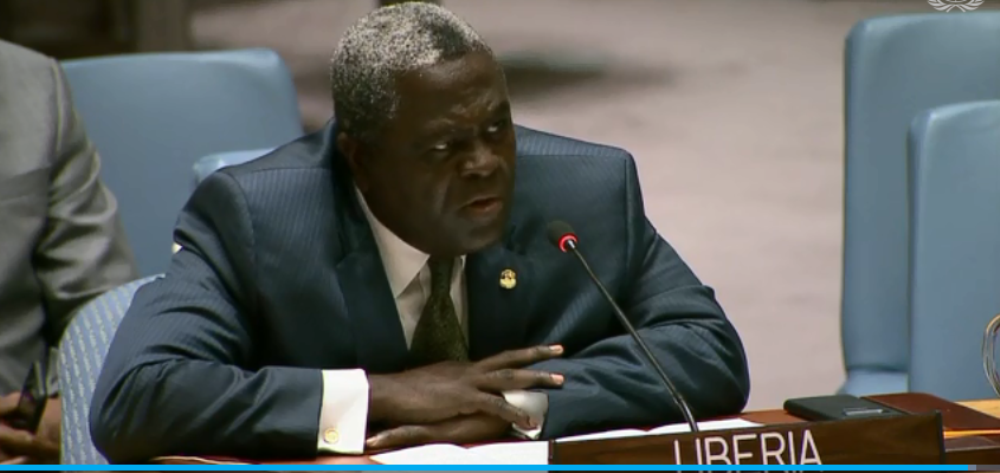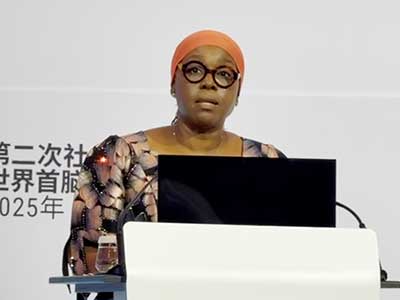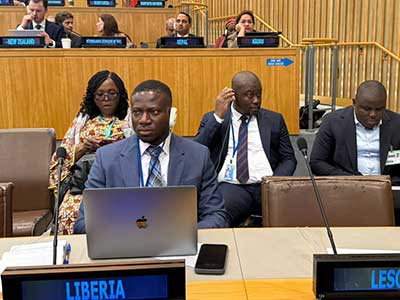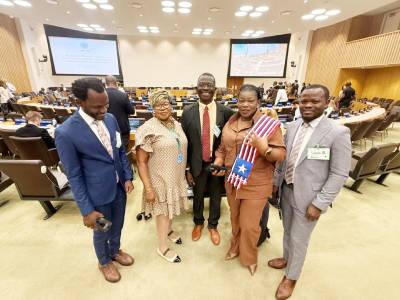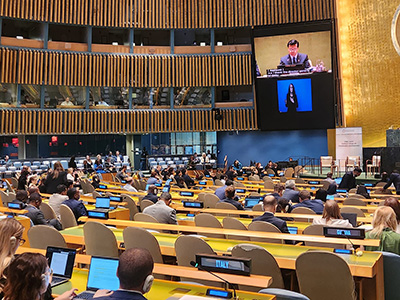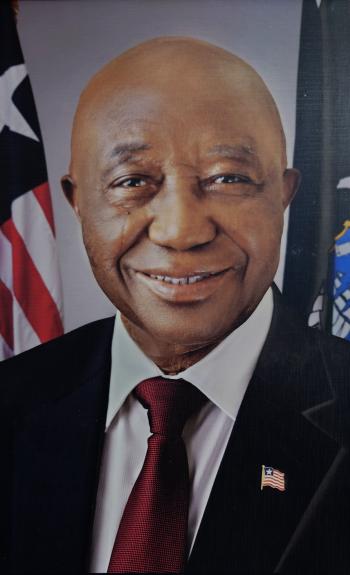My delegation thanks you for convening this open debate on the Protection of Civilians in Armed Conflict, welcomes the Report of the Secretary-General, and thanks the other speakers and contributors for their insights.
Gleaning from these important contributions, we are compelled to confront an uncomfortable truth: Even while we debate this issue, the global state of protection of civilians in armed conflict is anything but assured with increasing acts of violence and brutality perpetrated against civilians causing unimaginable human suffering, deprivations, and carnage. The SG is right - this is unconscionable!
So, too, in our continued inability to act.
Mr. President,
Here in the SC, for instance, when we fail to apply the agreeable and available tool of International Humanitarian Law equitably and fairly, not because it does not adequately address the problem of protecting civilians in armed conflict, but because we have vested interests in one side or the other - when we cannot lift our sights high enough to see the lowering of our humanity; when we cannot move beyond our narrow self-interests to agree to help those who need our help the most, those who are the victims and unwilling participants in these conflicts — we just do not fail the innocent women and children, doctors, nurses and other healthcare and humanitarian workers, but also we fail the United Nations and all that it should truly represent. we fail the common values of our humanity. We fail ourselves.
Yes, we have passed numerous resolutions calling for the protection of civilians, humanitarian and health personnel, as well as the obligation to distinguish between civilian populations and combatants. And yet, the atrocities have continued.
Are the resolutions ineffective? Might it otherwise be that we who are passing these resolutions are not so committed to their implementations? Where the institutions of the State have clearly collapsed under the weight of the attending destruction of the ongoing armed conflict, is it still reasonable to devolve the protection of civilians upon such States and their institutions? Might we need to extend the duty to protect civilians in armed conflicts also to the regions of the conflict as well as other external supporters who are vesting interests in the continuation of such conflicts? Is it really too difficult to commit ourselves to a code of conduct as to how we wield the enormous powers of this Council toward the increased protection of civilians in armed conflicts?
Mr. President,
Liberia could not agree more with the Secretary-General - the most effective way to protect civilians is to prevent the outbreak, escalation, continuation, and recurrence of armed conflicts. This is why we stand with you in the new paradigm of preventing conflict and sustaining peace. And we must commit ourselves to work creatively, selflessly and aggressively to end ongoing conflicts. We can do this.
For the wailing mothers and dying children, for the humanitarian and healthcare workers, who despite the rising risks to their own lives, continue to offer us hope; we know that for them whose faces we may never see and voices we may never hear, we can end the debates, we can collectively recommit ourselves to act as humanely as we know we should, and we can end their nightmares. This, too, is who we truly are. And this is why our United Nations exists - united for peace, security and human development.
I thank you for your kind attention.

